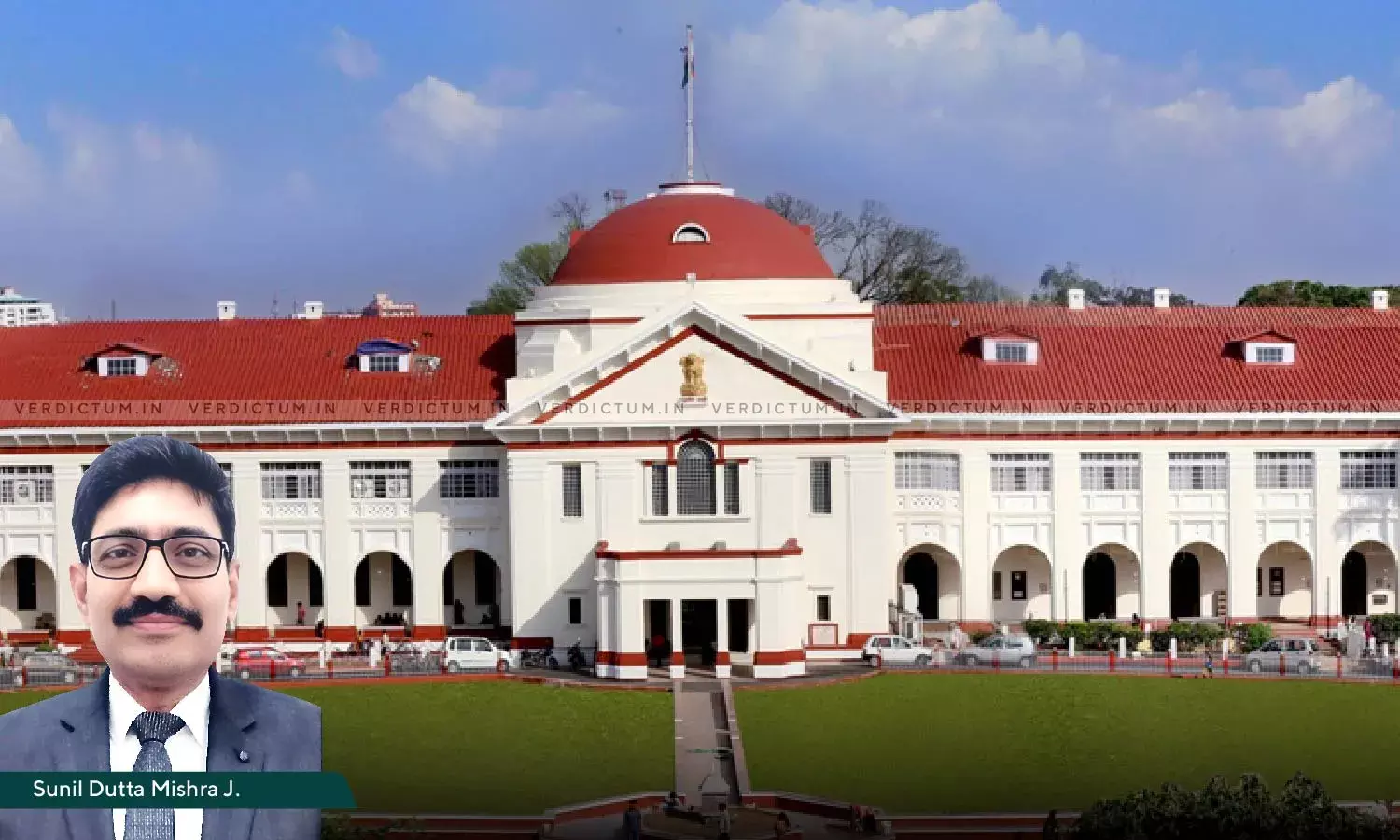“The Remedy Which Is Not Directly Available Cannot Be Availed Indirectly By Clever Drafting”- Patna High Court

The Patna High Court has said that the remedy which is not directly available cannot be availed indirectly by clever drafting.
The Court was dealing with a civil revision application filed against the order passed by the Sub-Judge in Title Partition Suit whereby the petition of the petitioner filed under Order VII Rule 11 and Section 11 of CPC was rejected.
A Single Bench of Justice Sunil Dutta Mishra held, “It is not in dispute that as such the plaintiff has already moved an application before the Court concerned under Order XXIII Rule 3 A CPC which passed the said decree for setting aside compromise decree and thus, plaintiff has already availed the proper remedy available in the law. The remedy which is not directly available cannot be availed indirectly by clever drafting. The filing of fresh suit which is substantially based on declaring compromise decree as null and void is an abuse of the process of law particularly when the proper remedy has already been availed.”
The Bench also noted that a mere clever drafting would not permit the plaintiff to make the suit maintainable which otherwise is not maintainable.
Senior Advocate Ganpati Trivedi appeared on behalf of the petitioner while Senior Advocate J.S. Arora appeared on behalf of the respondents.
Factual Background -
The plaintiff/opposite party filed a Title Partition Suit and the defendant/petitioner had filed a suit for partition in regard to joint family properties. It was claimed that defendants persuaded their mother, plaintiff not to take due share since they will maintain her whole life with due respect and regard and also persuaded the sisters not to take any share by reiterating the same assurance which was given to the mother. A compromise petition was prepared and the property was mainly allowed to be partitioned between the defendants and a decree of partition in terms of compromise was passed therein.
The plaintiff was given 1634 sq. ft. of land and right to realize rent from a shop and it was alleged that the plaintiff was never maintained by her sons i.e. defendants nor she was allowed to ever collect rent from the shop and alone had taken care of her including her medical expenses. She was forced to file Maintenance Case against the defendants and had to take loan for her survival and to repay the loan, she had to sell the said 1634 sq. ft. of land. Hence, a suit was filed by the plaintiffs since the previous decree was a nullity and void on the ground that the decree of partition was obtained by the defendants illegally, unlawfully, and fraudulently by practicing fraud upon plaintiffs and also upon the court. The case was dismissed and hence the matter was before the High Court.
The High Court in the above context of the case observed, “This Court in this proceeding is not required to enter into the merits of the validity of the compromise decree on the ground that the same has been obtained by fraud or is required to be compulsory registration and the only issue which is required to be considered by this Court is whether the fresh suit is maintainable or not."
The Court in view of the facts and circumstances and considering the submissions on behalf of the parties and the legal position, held that the suit is liable to be rejected under Order 7 Rule 11 (d) as not maintainable.
“So far as the submission on behalf of the plaintiff that in the suit the plaintiff has not specifically prayed for setting aside the compromise decree and what is prayed is to partition of the suit property but, mere perusal of the plaint it appears that the suit is based on the pleading that previous decree in suit for partition is nullity and void and no right accrues to any party from the said decree. … a party to a consent decree based on a compromise to challenge the compromise decree on the ground that the decree was not lawful i.e. it was void or voidable has to approach the same Court, which recorded the compromise and a separate suit challenging the consent decree has been held to be not maintainable”, noted the Court.
The Court said that the prayer of partition of suit property is basically challenging the previous compromise decree and that the plaintiff knowing the same, had already filed Misc. Case challenging the compromise decree before the concerned Court.
Accordingly, the High Court allowed the civil revision application, vacated the stay, set aside the impugned order, and rejected the plaint in title suit.
Cause Title- Shanker Prasad v. Lakshmi Devi & Ors.


